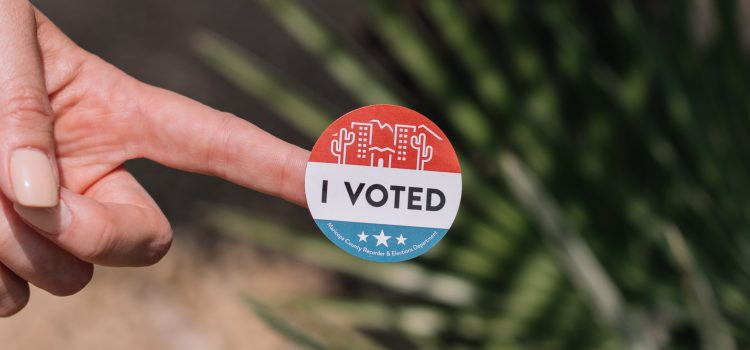
The Power of Mapping Political Connections: Insights from The Government Grid
In the world of politics, relationships matter. Who you know can be just as important as what you know. But how can we make sense of these relationships and understand the networks of influence that exist in government?
Enter The Government Grid, a powerful mapping tool developed by a team of researchers at the University of Chicago. By analyzing campaign finance data and public records, The Government Grid creates a visual representation of the connections between politicians, donors, and interest groups.
The result is a complex web of relationships that can reveal insights into how policy decisions are made and who holds the most sway in government. For example, The Government Grid has been used to map the connections between the fossil fuel industry and members of Congress who deny climate change.
But the tool is not just for academics and researchers. Anyone can use The Government Grid to explore the connections between politicians and donors in their own state or district. By understanding these relationships, voters can make more informed decisions at the ballot box and hold their elected officials accountable.
Of course, mapping political connections is not without controversy. Some argue that it is an invasion of privacy and that it could be used to target individuals for harassment or intimidation. Others worry that the data could be misinterpreted or used to make false accusations.
But supporters of The Government Grid argue that transparency is essential in a democracy. By shining a light on the connections between politicians and special interests, we can hold our elected officials accountable and ensure that our government truly represents the people.
In the end, the power of mapping political connections lies in its ability to reveal the often-hidden networks of influence that shape our government. With tools like The Government Grid, we can begin to understand these networks and work to create a more transparent and accountable democracy.










